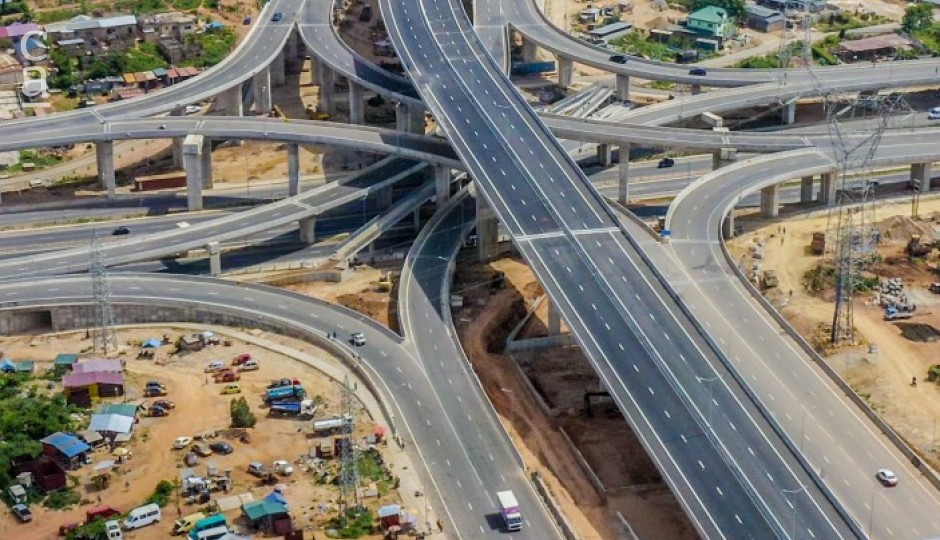Western Africa
ConstructAfrica Report Explores Ghana’s Construction Industry
The Ghanaian construction industry has clocked considerable achievements.
News Image

With a booming economy in West Africa, the Ghanaian construction industry plays a significant role in Ghana's economic growth and development, contributing more than 15% to the country’s Gross Domestic Product (GDP). It also employs approximately 420,000 people.
Let’s walk through its history, present state, local construction players, and outlook.
History
Pre-colonial Ghana
Want to continue?
Subscribe to get access to premium content
By subscribing you get access to the Newsfeed, Tenders, Events

